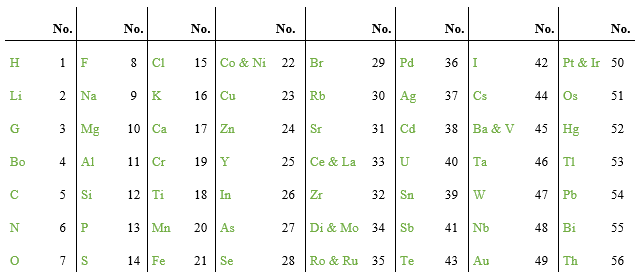
And a special thanks to Angela for her concise summary of the elements of a professional book review. Blount who read this book before publication and gave valuable suggestions, thank you.

To Mary Maddox, Brent Meske, and Angela M. Thank you also to the many on-line sources written by a variety of tutors more knowledgeable than I, in particular, Kirsten Lamb, Roz Morris, Jacqui Murray and Jamie Gould for their informative blogs on a variety of writing topics. I am grateful to the many teachers I’ve had and would, in particular, like to thank Australian editor Selena Hannet Hutchins for her excellent tuition. This book focuses primarily on line editing skills I will only touch lightly on the big picture aspects of fiction writing, and apart from clarifying a few confusions that I see often, I won’t be dealing with grammar and punctuation-plenty of books cover those topics. Those notes, written to address the common issues I found in authors’ works, became more comprehensive over time, and now form the basis of this book. Since the same issues repeated themselves, I wrote notes to save me rewriting the information every time I needed to explain something. When I began doing manuscript appraisals and, after gaining an editing qualification, offering editing services, I shared the tips I’d learnt with my clients. Though the level of copy editing was adequate in some-and not so adequate in others-few of them had been line edited, hence the problem. When I began writing reviews of both mainstream and indie published books, I discovered that many indie books lacked the quality of prose I saw in mainstream fiction. I found pearls in a variety of places, but never did I find all the vital information in one place. Even when the manuscript of the first book, Lethal Inheritance, was doing the query rounds of the big publishers with my agent, Debbie Golvan, I continued my study and line edited my book again.

I searched for the answer over a period of five years while I wrote and refined my Diamond Peak Series. This book is the result of my search for an answer to the question: what makes good prose? I gleaned the information in this book from various places: workshops I attended, courses I undertook, books and blogs I read, and mainstream publishers, authors and editors whom I worked with and talked to.


Your support of the author’s rights is appreciated. Please purchase only authorised electronic editions, and do not participate in or encourage electronic piracy of copyrighted materials. This book or any potion thereof may not be reproduced or used in any manner whatsoever without the express written permission of the publisher or author except for the use of brief quotations in a book review. The Elements of Active Prose: Writing Tips to Make Your Prose ShineĬopyright © 2014 Tahlia Newland. Passive Writing is Not the Same as Passive Voice


 0 kommentar(er)
0 kommentar(er)
